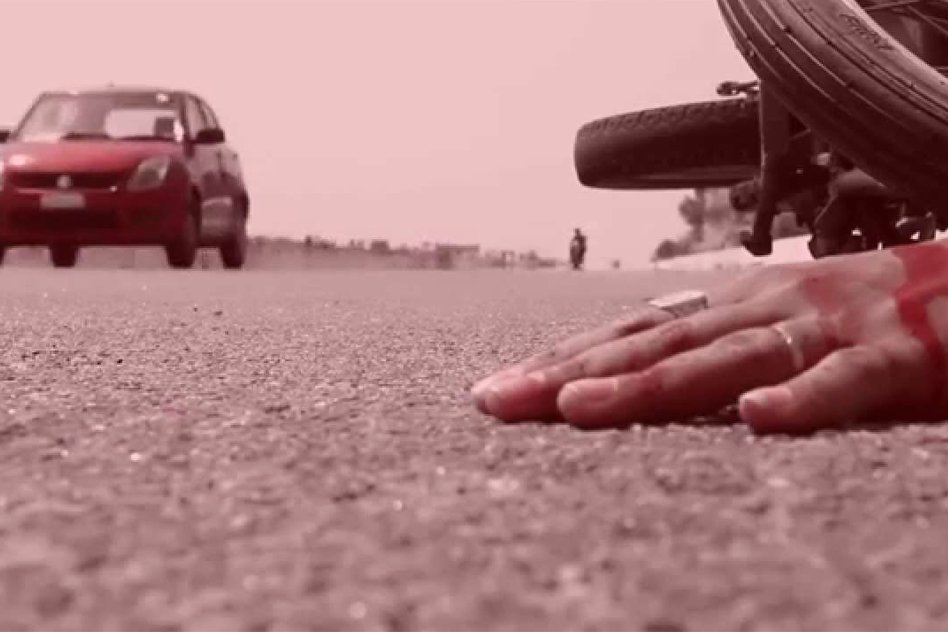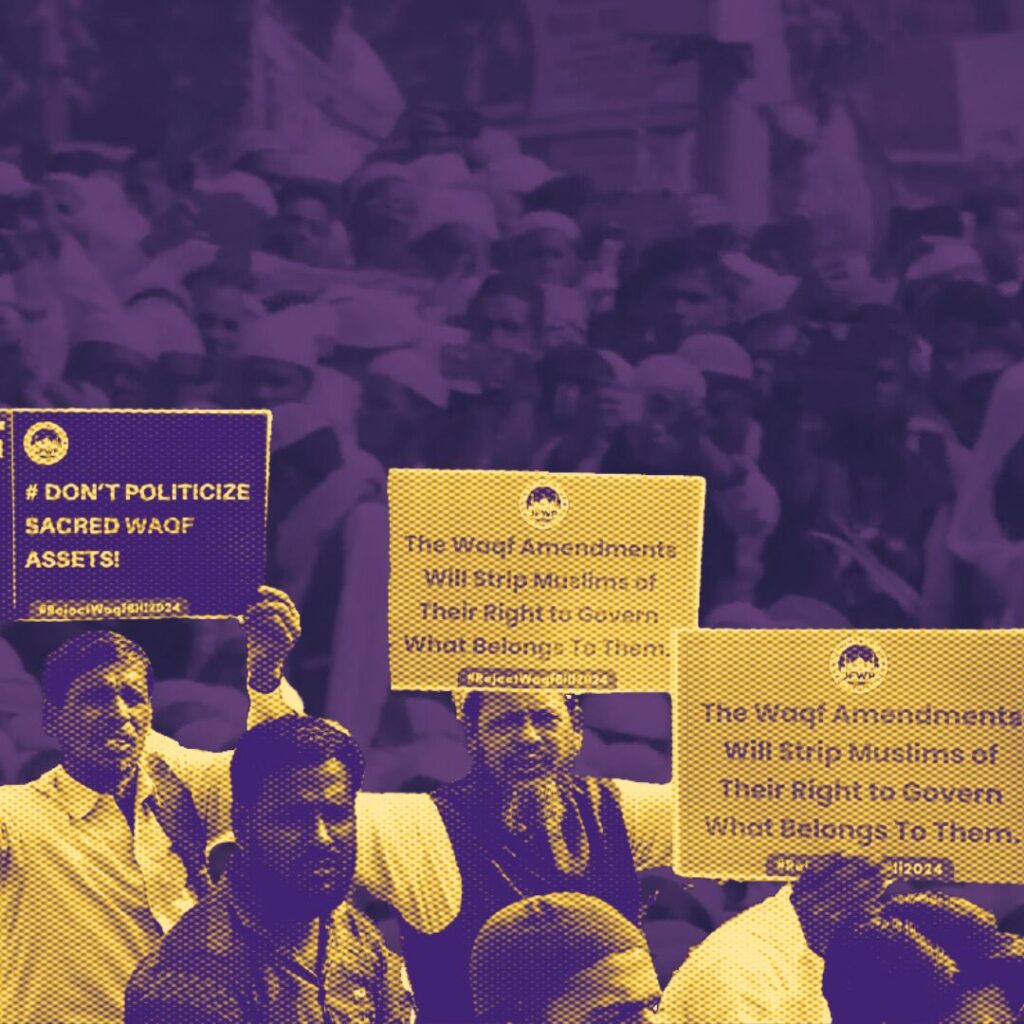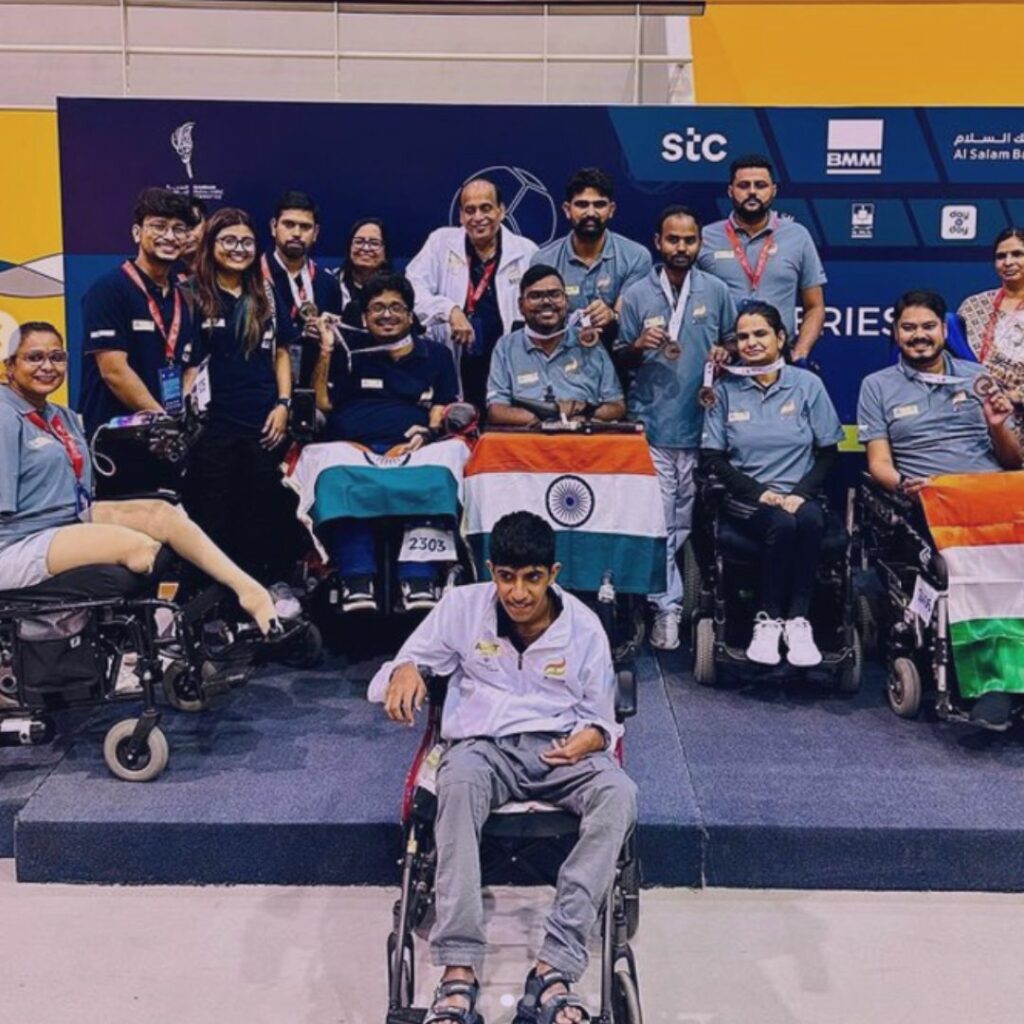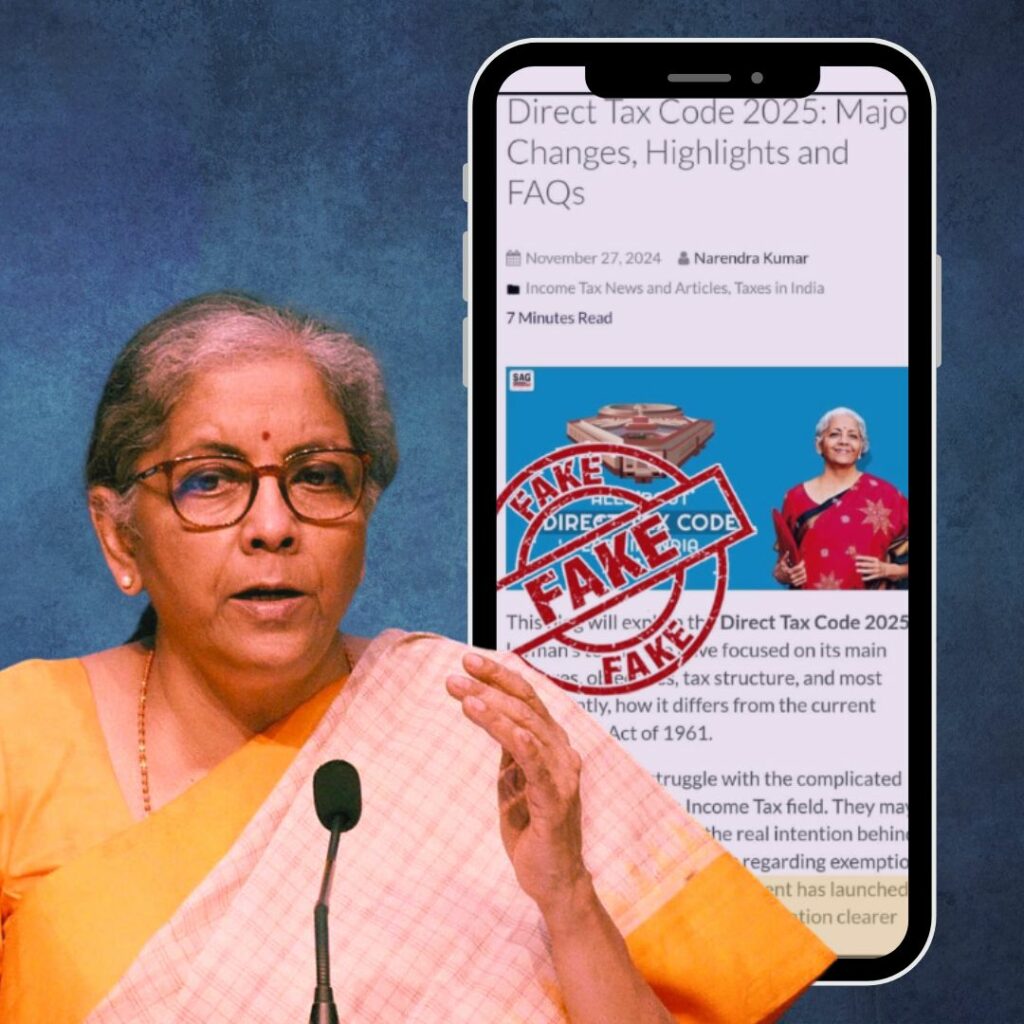Image Courtesy: ytimg
Now helping out victims of road accidents will not call upon harassments
Supreme Court today, has given its approval the Central government’s notification that provides protection to the Good Samaritans or the people, who help victims of road accident by taking them to hospital or reporting about the incident.
The law will now ensure that reporting a road accident to police or taking a victim to hospital will no longer be a harrowing experience for Good Samaritans. This order is expected to save the lives of hundreds of road accident victims in the country as people often avoid helping them fearing that they will be harassed by police and other agencies.
Timeline of this rule
It was in the year 2012, that an NGO called Save LIFE Foundation filed a PIL on the matter.
In October 2013, the Supreme Court appointed a committee under the chairmanship of the Additional Secretary, Ministry of Home Affairs, to study the issues mentioned in the petition in detail and submit a final report to the Court on the same.
During the course of hearing in this case, the Supreme Court on October 29, 2014, directed the Government of India to issue necessary guidelines for the protection of Good Samaritans until appropriate legislation is made.
On May 12, 2015, the ministry of road transport and highways had issued a notification to prevent harassment of Good Samaritans. On March 30, 2016, the Supreme Court approved the notification.
We at The Logical Indian with the help of our community members and SaveLife Foundation (SLF) have been trying to create awareness about the Good Samaritan Law and Road Safety Law. Every citizen of our country must be aware of this law and it can only be done with the help of yours.
To know more, please read:
1.) Now Help Road Accident Victims Without Fear Of Legal Harassment
2.) Road Safety Week- Join Awareness Campaign
3.) Are You A Responsible Bystander? Learn Your Responsibility As A Good Samaritan
4.) Every Year 9000+ Car Crashes Occur Due To Fog, Here Are Few Life Saving Driving Tips
Here is the new standard operating procedure to protect Good Samaritans:
1. 1. The Good Samaritan shall be treated respectfully and without any discrimination on the grounds of gender, religion, nationality, caste or any other grounds.
2. Any person who makes a phone call to the Police control room or Police station to give information about any accidental injury or death, except an eyewitness may not reveal personal details such as full name, address, phone number etc.
3. Any Police official, on arrival at the scene, shall not compel the Good Samaritan to disclose his / her name, identity, address and other such details in the Record Form or Log Register.
4. Any Police official or any other person shall not force any Good Samaritan who helps an injured person to become a witness in the matter. The option of becoming a witness in the matter shall solely rest with the Good Samaritan.
5. The concerned Police official(s) shall allow the Good Samaritan to leave after having informed the Police about an injured person on the road, and no further questions shall be asked if the Good Samaritan does not desire to be a witness in the matter.
2. Examination of Good Samaritan by the Police
- In case a Good Samaritan so chooses to be a witness, he shall be examined with utmost care and respect and without any discrimination on the grounds of gender, religion, nationality, caste or any other grounds.
- In case a Good Samaritan chooses to be a witness, his examination by the investigating officer shall, as far as possible, be conducted at a time and place of his convenience such as his place of residence or business, and the investigation officer shall be dressed in plain clothes, unless the Good Samaritan chooses to visit the police station.
- Where the examination of the Good Samaritan is not possible to be conducted at a time and place of his convenience and the Good Samaritan is required by the Investigation Officer to visit the police station, the reasons for the same shall be recorded by such officer in writing.
- In case a Good Samaritan so chooses to visit the Police Station, he shall be examined in a single examination in a reasonable and time-bound manner, without causing any undue delay.
- In case the Good Samaritan speaks a language other than the language of the Investigating Officer or the local language of the respective jurisdiction, the Investigating Officer shall arrange for an interpreter.
- Where a Good Samaritan declares himself to be an eye-witness, he shall be allowed to give his evidence on affidavit, in accordance with section 296 of the Code of Criminal Procedure, 1973 (2 of 1974) which refers to Evidence in Formal Character on Affidavit.
- The complete statement or affidavit of such Good Samaritan shall be recorded by the Police official while conducting the investigation in a single examination.
- In case the attendance of the Good Samaritan cannot be procured without delay, expense or inconvenience which, under the circumstances of the case, would be unreasonable, or his examination is unable to take place at a time and place of his convenience, the Court of Magistrate may appoint a commission for the examination of the Good Samaritan in accordance with section 284 of the Code of Criminal Procedure, 1973 (2 of 1974) on an application by the concerned.
3. The Superintendent of Police or Deputy Commissioner of Police or any other Police official of the corresponding seniority heading the Police force of a District, as the case may be, shall be responsible to ensure that all the above-mentioned procedures are implemented throughout their respective jurisdictions with immediate effect.










